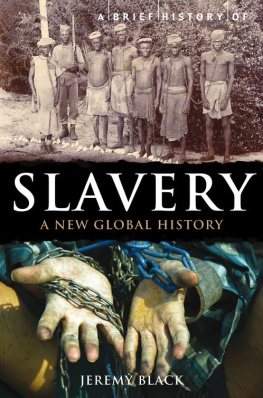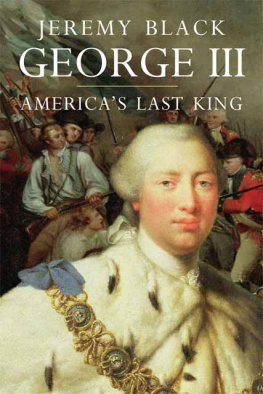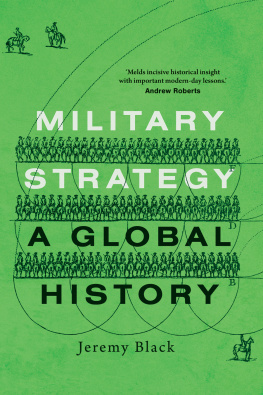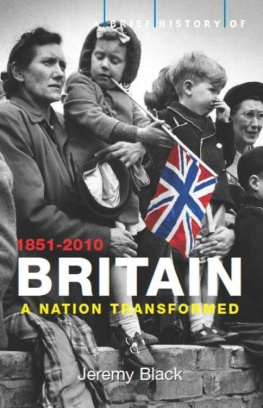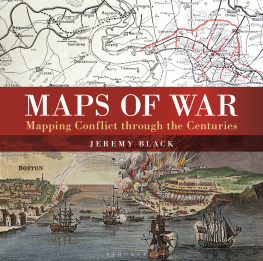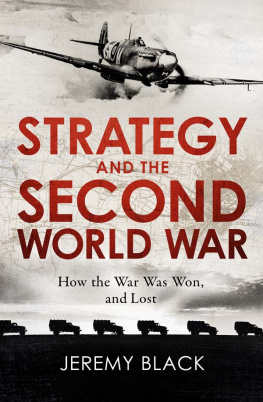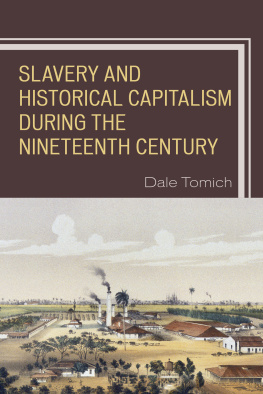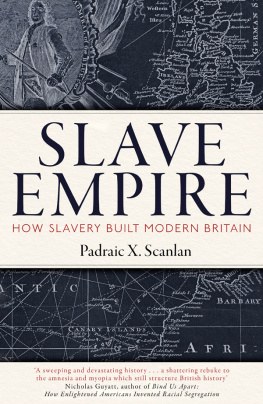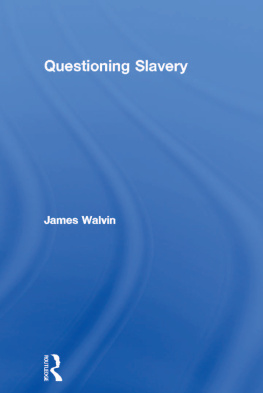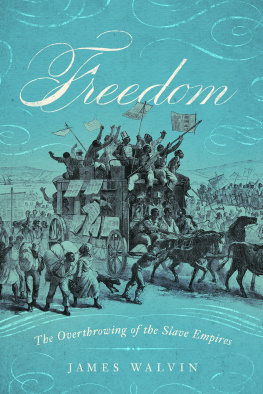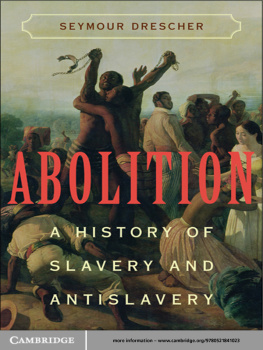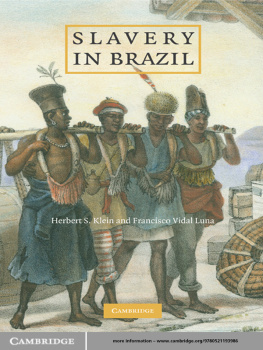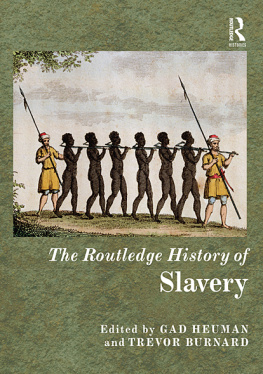Her Majesty was doubtless not amused by calls in 2007 that her anniversary visit to Jamestown in Virginia, to celebrate the founding of the first permanent English settlement in North America in 1607, should be the occasion for an act of contrition for the past treatment of both Native Americans and Africans, but the vexed subject of slavery continues to trouble public memory and private consciences. For example, the letters page of the Fredericksburg, Virginia, paper TheFreeLance-Star for 18 April 2010 included a letter describing New Englands role in the slave trade and complaining that only the South was being blamed for this evil. The following month, the Texan Board of Education approved a new history and social studies curriculum that downplayed the role of slavery, arguing that the American Civil War was fought principally over states rights. The new curriculum has already proved highly divisive, and, given the role of Texas as a major market for text books, this decision was nationally significant.
This issue is not simply one of public memory. Indeed, as this book hopes to show, slavery is not only a matter of the
Slavery is a subject that has a long history and a broad geographical scope. The breadth of the story encompasses the ancient and the modern world, Atlantic and Islamic trades, and it is scarcely surprising that slavery does not have a single meaning, nor a uniform context. This diversity is important not only to understanding slavery in the past but also how it can be seen today. In particular, by raising the question of public or state slavery, I seek to advance a narrative and analysis that is different in its emphasis to the standard one, and this difference is relevant to the question of present-day legacies and apologies. Slavery is one of the most emotive issues in history, and I indeed have found this a distressing book to write as the subject involves so much hardship, misuse and cruelty. At every stage, it is important to appreciate in what follows that abstractions dissolved under scrutiny into real people and that these people felt and suffered.
In working on this topic, I have benefited greatly from holding a Mellon Visiting Professorship at Stillman College in 1992, and from being invited by the Division of Continuing Education of the University of Virginia to speak at a conference held in 2000 on Jefferson and Slavery, by Don Yerxa to speak on another held in 2007 on Abolitionism and Progress in History, by Carol Seigel to speak at Burgh House (Hampstead Museum) in 2007, and by Ahmed Banyn and Darryl Thomas to speak at the Department of African and African American studies at Pennsylvania State University in 2010. I have profited greatly from the comments of Bill Gibson, Leo Hollis and Joe Miller on an earlier draft, and of David Brion Davis, Keith Hamilton, David Northrup, Thomas Otte and John Thornton on sections of an earlier draft, and from discussing the subject with Charles Aldington, Kristofer Allerfeldt, Tonio Andrade, Nick Baron, Michael Bennett, Troy Bickham, Pita Burt, James Chapman, Karel David, Martin Dusinberre, Arthur Eckstein, Olavi Flt, Peter Fleming, Ron Fritze, Peter Garretson, Robert Gerwarth, Chris Gill, Derek Gore, Anthony Harding, Janet Hartley, Susan Hayward, Richard Hitchcock, Rudi Matthee, James Onley, Michael Prestwich, Geoff Rice, Peter Robb, Richard Scrivener, Claude Sintes, Jouko Vahtola, Eugene Vansickle, and Everett Wheeler. None is responsible for any of the errors that remain. It is a great pleasure to dedicate this book to George Bernard, an old friend and fellow historian, and, in doing so, to mark thirty years of friendship.
Notes
. TheFreeLance-Star, 18 Apr. 2010, section D, p. 4
. H. Innlick and R. Murphey (eds), TheHistoryofMehmettheConqueror by Tursun Beq (Minneapolis, MN, 1978), p. 44. See also C. T. Riggs (ed.), HistoryofMehmettheConqueror by Kritovoulus (Princeton, NJ, 1954), p. 155.
Hadijatou Mani was sold into slavery at the age of twelve, and subsequently beaten, raped, and, indeed, imprisoned for bigamy for marrying a man other than her master. This case was not one from the sixteenth or eighteenth century, but one that came before the Court of Justice of the Economic Community of West African States in 2008. The government of the state of Niger was convicted for failing to protect Ms Mani and was fined accordingly. In a reminder of the continuation of mistreatment, Ms Mani announced that a reason for her action was to secure the freedom of her children in a society where, despite the governments formal opposition to slavery, customary courts support the practice whereby the children of slaves become the property of their masters. Slavery indeed is far from past, and this is a key theme of this book. Niger, one of the worlds poorest countries, was ranked bottom by the United Nations in 2006 of the worlds states in terms of human development. Slavery was not one of the criteria, but Niger shows that it is still the condition of many.
Indeed, the landscapes of slavery span the world, and range from the Central Asian city of Khiva, where the bustle of the slave market can still be visualized in the narrow streets, to Venice, a major entrept for the slave trade of medieval Europe albeit not one noted by modern tourists. The range is also from Malacca in modern Malaysia, an important centre for the slave trade around the Indian Ocean, especially under the Muslim sultans but also, from 1511, under, first, their Portuguese and, then, their Dutch successors, to the few remains of the murderous system of labour that was part of the Nazis genocidal treatment of the Jews. The variety of slavery in the past and across history stretched from the galleys of Imperial Rome to slave craftsmen in Central Asian cities, such as Bukhara, and from the mines of the New World to those working in spice plantations in East Africa. Public and private, governmental and free enterprise, slavery was a means of labour and a form of control.
The purpose of this book is to provide an account of the history of slavery and the slave trade that focuses on the last half-millennium but includes an earlier background. Slavery is like war. In one light, you know it when you see it and enforced servitude, like large-scale, violent conflict, is easy to define; but, just as discussion of war frequently overlaps with other aspects of conflict and violence, so the same is true with slavery, with force and servitude being open to varying definitions. In 2000, the International Association Against Slavery included debt bondage, forced work, forced prostitution and forced marriage in the scope of slavery, and, if such an understanding is the case today, it is unclear why it should not also be extended to the past. As another instance of varied definitions and understandings of slavery, this time from an historical perspective, there is a contrast between slavery as the condition of a distinct, hereditary caste, and enslavement as an individual fate or punishment. Societies with large-scale slavery have very much differed as to whether the status is hereditary or not.

